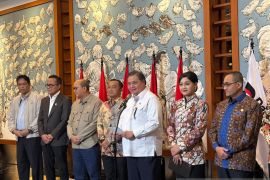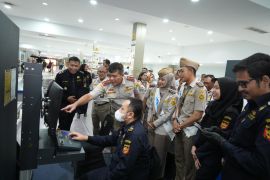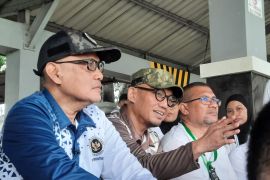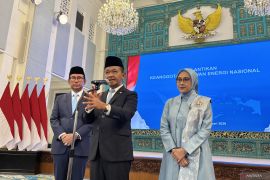"The president should consider the political calculations of what consequences and risks might arise if the PKS membership from the government coalition is terminated," Ari Dwipayana of the Yogyakarta-based University of Gajahmada said here on Saturday.
He noted that one of the possible consequences was the emergence of public sympathy among those who feel the party has been treated unfairly.
The other political calculation must consider the risks in the parliament, where the loyalty of the government`s largest coalition partner, the Golkar party, to continue its support of the government until 2014 elections remains in doubt, he said.
"In my observation, Golkar is one of the parties which, in the past two and a half years, has caused Yudhoyono`s government to be easily swayed," he said.
The dilemma that appeared as a result of the PKS case is actually equal to that posed by Golkar, Ari asserted.
"On several occasions, Golkar also always had different views (with the coalition) and tried to convince the public that it is not influenced by the ruling Democrat Party (PD)," Dwipayana explained.
Discussions have arisen since last week when the PKS expressed its opposition to the government plan to raise fuel oil prices on April 1, 2012.
The government, after a House of Representatives (DPR)`s plenary session on Friday last week, canceled its plan to raise subsidized fuel oil prices.
The DPR held a plenary session to consider the government proposal to raise fuel oil prices on April 1, 2012.
Of note, following its refusal to support the government, the PKS was not invited to a meeting of the secretariat of the government coalition last week.
However, President of PKS Luthfi Hasan Ishaaq said his party would remain in the government coalition, even though it was not invited to a recent meeting of the Coalition`s Joint Secretariat.
"So far, PKS is still in the coalition," Luthfi said here on Saturday.(*)
Editor: Ruslan Burhani
Copyright © ANTARA 2012











